Who’s car is it?
Our oldest daughter recently earned her driver’s license and, for the sake of the sanity of my wife and I, we found a used car for her to drive. As you could imagine, she was ecstatic at the idea. I was more measured.
“I love my car!” She declared excitedly.
“Well, it’s not your car,” I responded.
“Really?” she inquired. “I’m the one who will be driving it most of the time.”
“I know. But, Mom and I bought it, so it really is our car.” I declared, for fatherly reasons.
Now, let’s imagine she did buy the car but I piously declared the car is “owned” by our entire family. Anyone who could convince me of their need could use it anytime. Ultimately, I would have control over who uses the car. If this were how her car were treated, it would be understandable if she were frustrated.
Strangely, this is similar to the way many want our society to be treated. We recently heard this sentiment in Alexandria Ocasio-Cortez’s endorsement of socialist Bernie Sanders where she urged resolutions to our problems by making things privately owned and operated “public”. More recently, New York Mayor Bill De Blasio called directly for the nationalization of key US industries in response to the Wuhan Virus outbreak. “This is a case for a nationalization, literally a nationalization, of crucial factories and industries that could produce the medical supplies to prepare this country for what we need.” De Blasio said on MSNBC’s AM Joy show.
Perhaps in times of crisis, government measures are needed to confront the danger. US history shows us, however, expansive government power in times of crisis rarely returns to the pre-crisis levels. Robert Higgs, a noted economist from the Independent Institute, has studied expansive government during times of crisis and confirms this assertion.
The crisis will abate but the larger premise of the supposed goodness of all things “public” will remain. That premise being if you put the word “public“ in front of a noun and emphasize it in speech, it becomes virtuous and good. It will supply us with what we need.
Contrary to this assumption, “public“ things are not intrinsically virtuous. Public entities are governed and run by flawed human beings with the potential for bad judgement, a thought with which most Americans sympathize. A 2017 survey by Chapman University in California revealed 74% of Americans site government corruption as their top fear
Three of 4 Americans are more worried about government abuse of power than world war!
Government ownership and intervention also makes it difficult to impossible for private sector operators to compete because they don’t have the power to tax, forcing others to supply revenue. In the states west of and including Colorado, for example, the US government owns roughly 30% to 84% of the land:
On that land government can generate revenue by charging admittance to parks and running cafes and gift shops. No one else can own that land and engage in private entrepreneurship. All competition is kept out, the very definition of a monopoly regardless of how it is justified.
Our national education system parallels land ownership in the mountain west in that public schools have a near monopoly. According to the US Department of Education, roughly 90% of all schools are public. Competition is limited to a small percentage of private school options. All others are under the control of national, state and local governing boards which offer indirect and more limited accountability as you move up the governmental ladder.
At the same time, politicians pitch “public” things by telling us if they have control, we will be given a better world. The actual ability to solve problems is mixed at best. Despite the fact that the total pages in the Federal Register of national regulations has grown by more than 10x since 1938, the societal problems those regulations purport to solve persist:
- We have spent more than $23 trillion to alleviate poverty and now poverty is generational.
- We spend 150% more per pupil than the OECD Global Average on education but our students suffer by comparison to other nations.
- We have spent more than $1.6 trillion on housing assistance and we still have millions of homeless among us.
The examples go on and on.
In the meantime, the politicians and bureaucrats continue to enrich themselves. From 2004-2012, the average American saw their net worth increase 3.7% per year while the average Member of Congress experienced a growth rate near 5 times that number.
For their part, Federal bureaucrats across all education levels earn an average of 17% more in total compensation (pay plus benefits) than comparable private-sector counterparts. Not a bad deal, especially considering the pension waiting for them at the end of their working years.
The problems aren’t fixed but the politicos are enriched.
So, don’t be fooled by the allure and simplicity of “public” solutions or by the politicians making those pitches. In fact, when a politician speaks of all things “public”, make sure your skeptical antenna shoots up. They sell us the virtue but in the end they take near monopolistic control, certain people are enriched at everyone else’s expense and the problems remain.
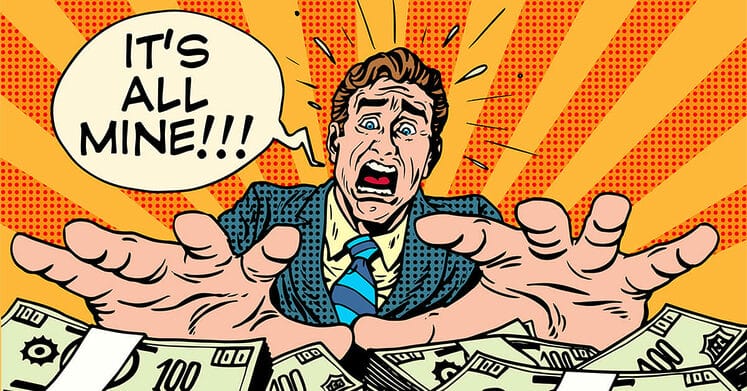
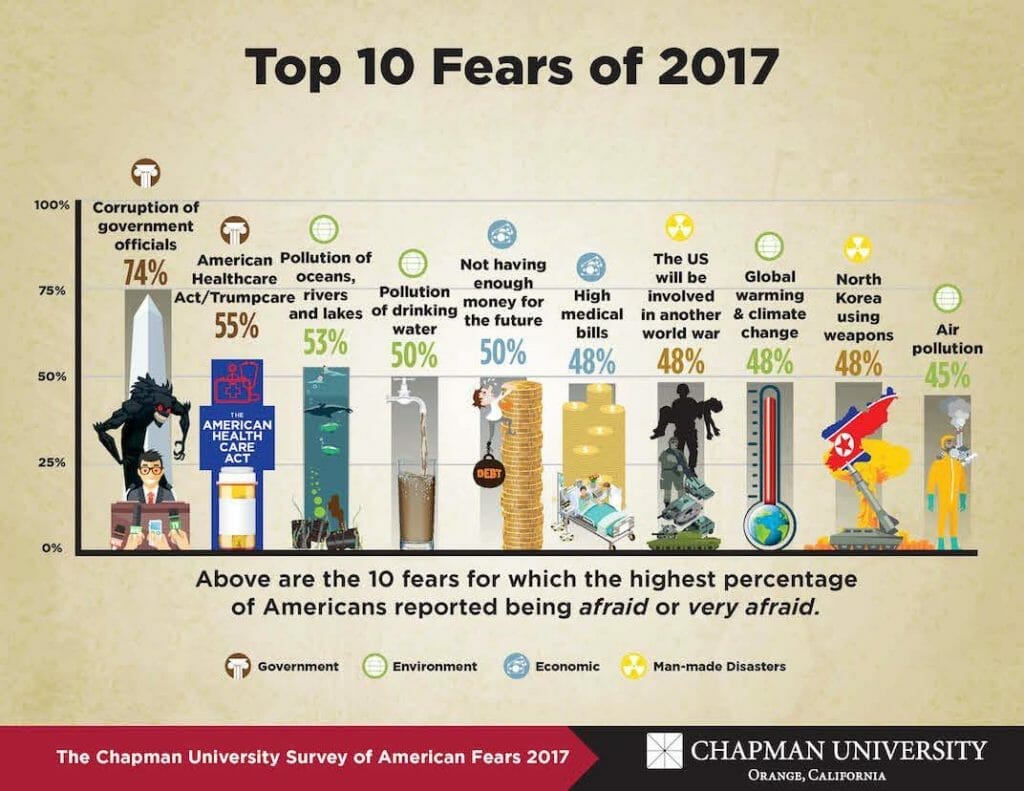
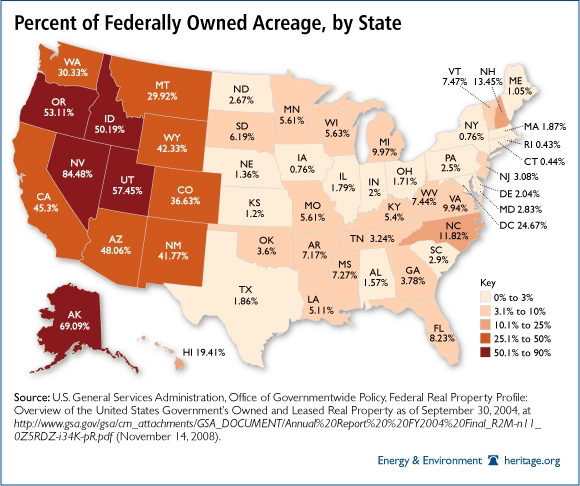


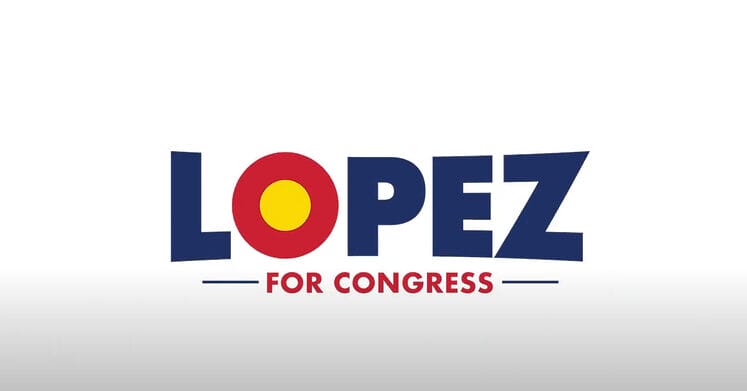
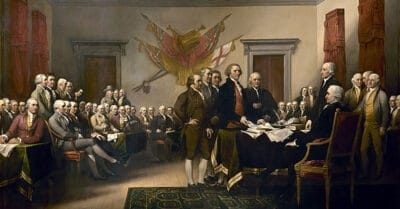


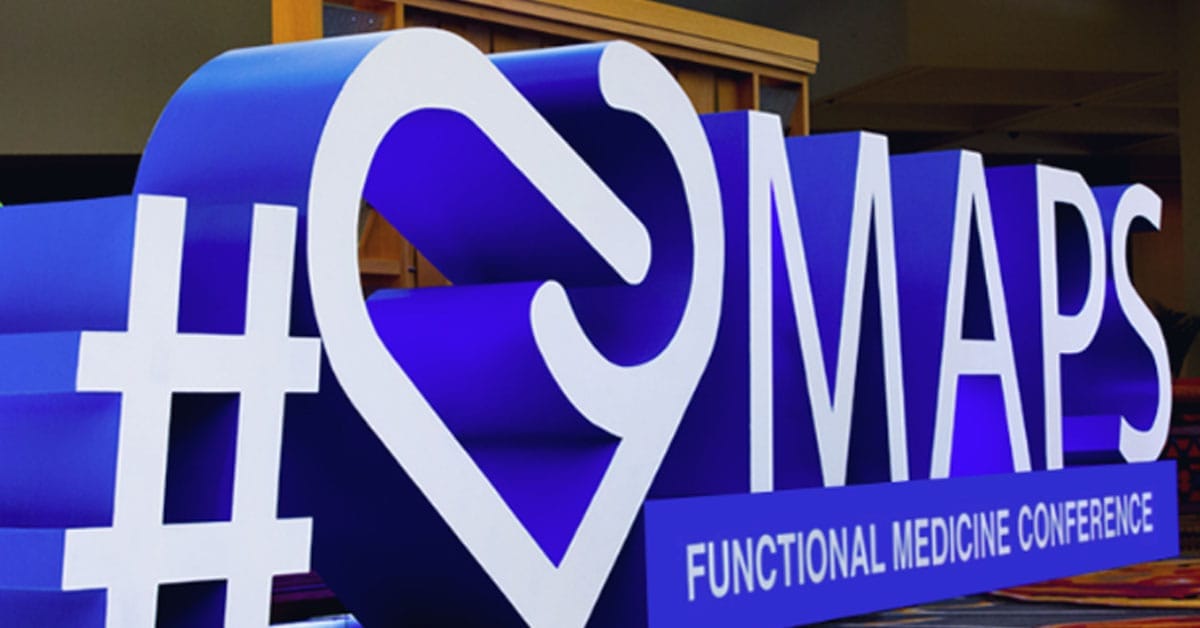

Responses